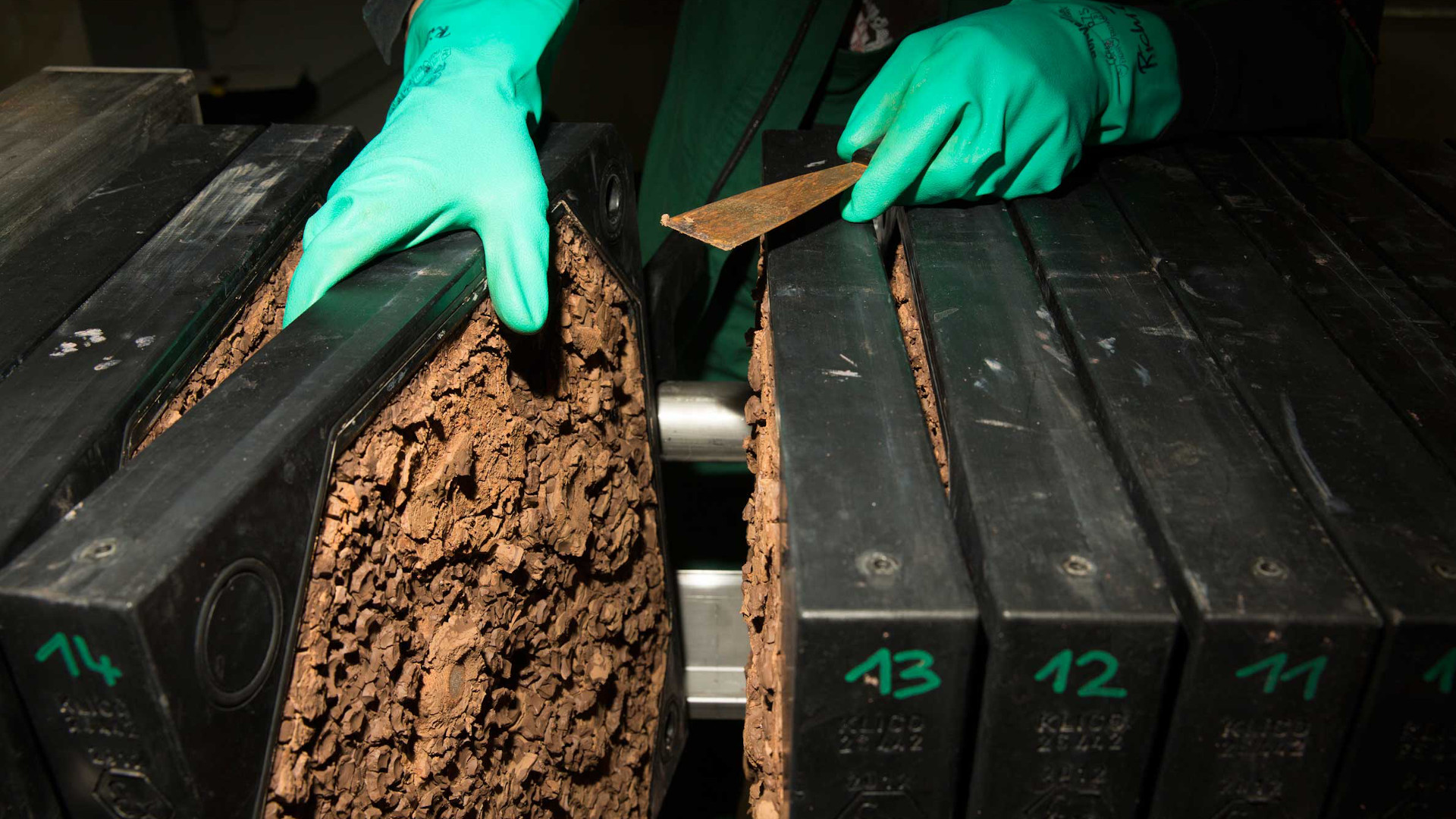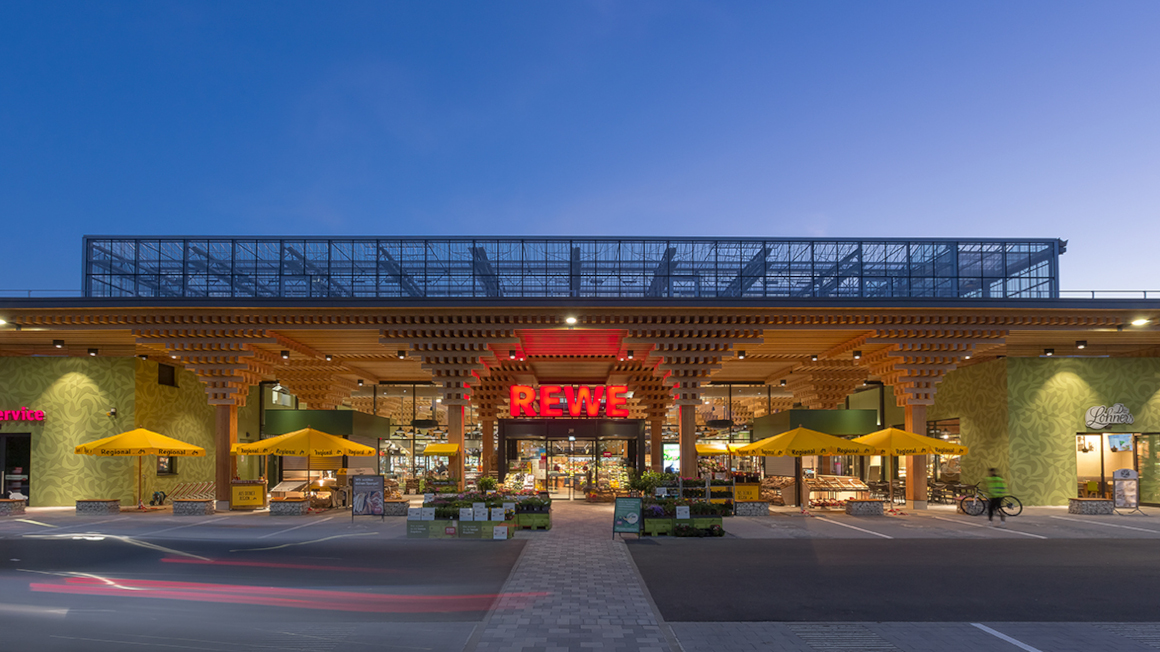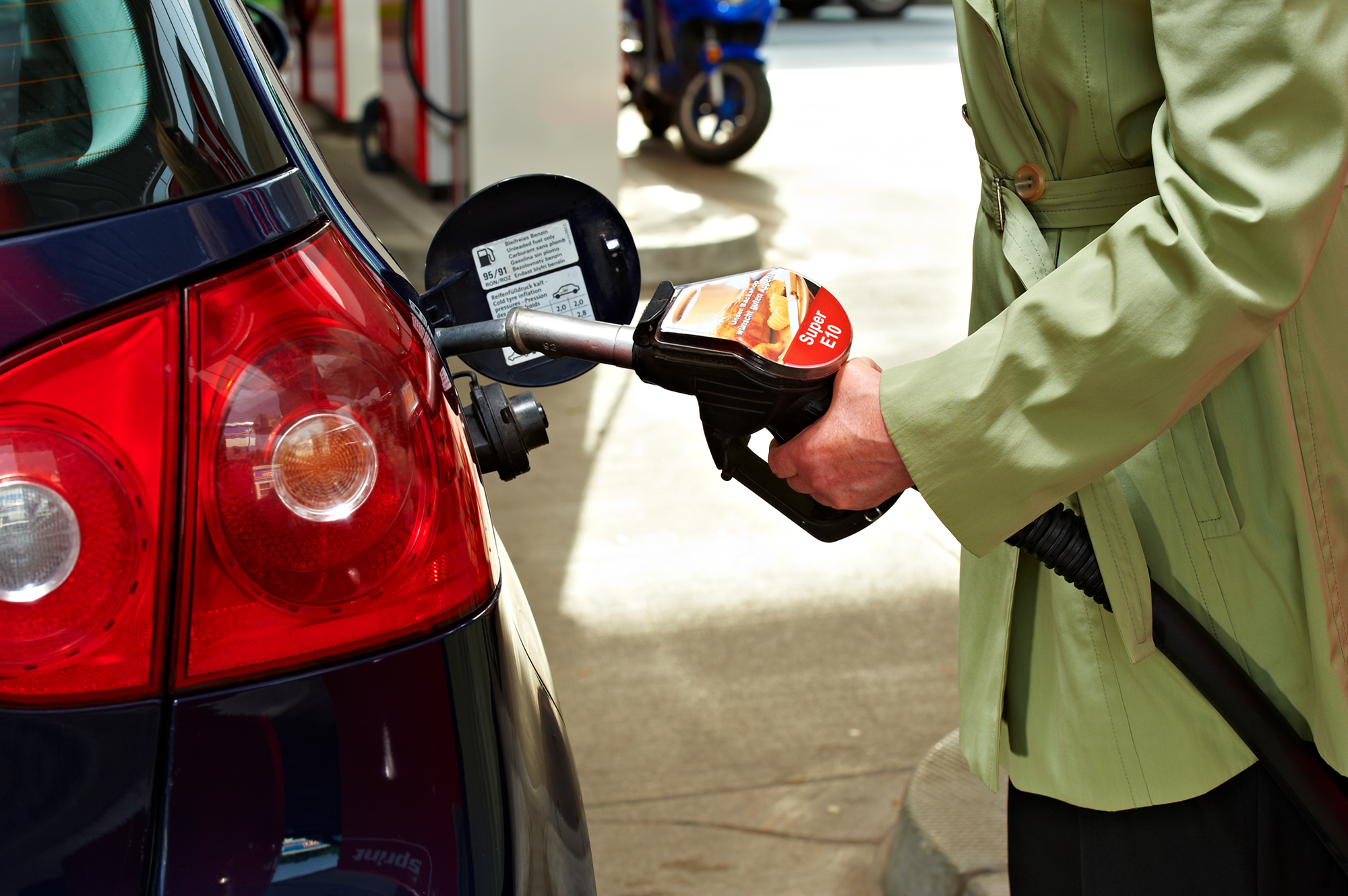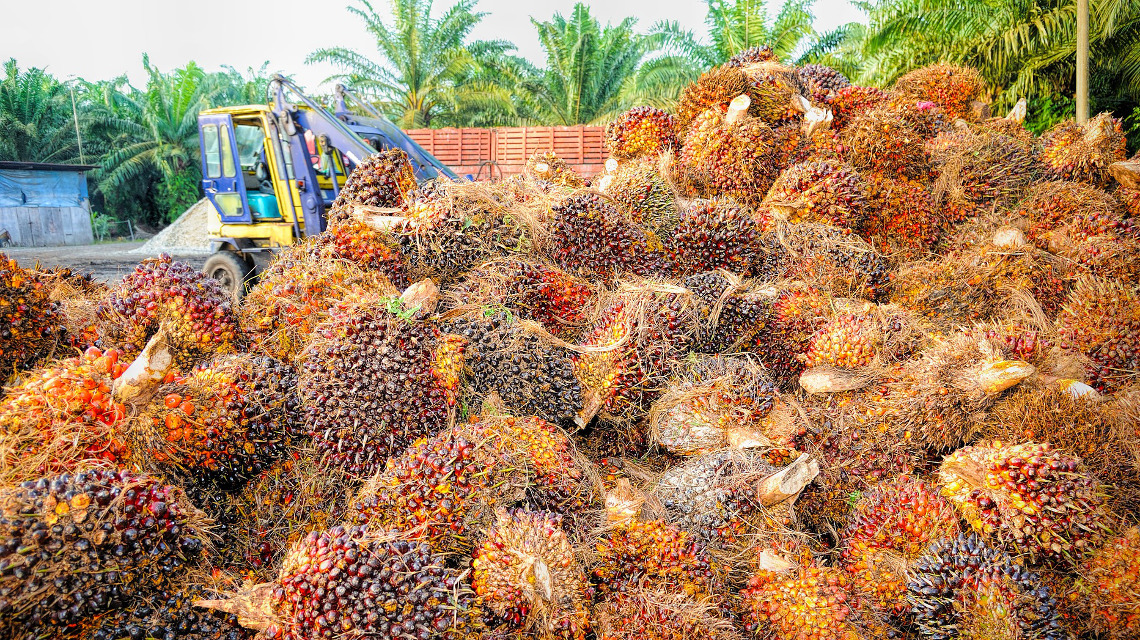
"No action without reaction" is a phrase that implies that every action has consequences. The shift from a petroleum-based economy to a sustainable, bio-based one entails multi-faceted changes - on a global scale. Sociologist Maria Backhouse is convinced that "no social changes, including technological developments, take place in a vacuum", but are "permeated by social inequalities from the global to the local level". – "For us, this raises the question of the extent to which existing social inequalities are changed, reconfigured, reinforced or eliminated by the policy of promoting the bioeconomy. "
In the "Bioinequalities" project, a seven-member junior research group at the Friedrich Schiller University in Jena, led by Backhouse, has been investigating this question for two and a half years now. The group focuses on bioenergy and the biomass it requires - in particular sugar cane, soya and palm oil. Over five years, the project will be supported by the Federal Ministry of Education and Research (BMBF) with around 2.6 million euros within the framework of the funding programme "Bioeconomy as Societal Change".
Agricultural sector often dominates the bioeconomy
The analyses do not focus on future scenarios, but on the current situation. The fact is that the bioenergy sector, especially first-generation biofuels, is closely linked to biomass production. And sugar cane, soy or palm oil is mostly produced by the agricultural industry, Backhouse explains. Two and a half years after the start of the project, the researcher now takes stock: "In the field of bioenergy and biomass, the bioeconomy in most countries comes down to promoting the agricultural industry. In many countries, the agricultural sector currently determines how the bioeconomy is discussed and negotiated at a political level, nationally and internationally. A number of socio-ecological problems are associated with this."
In most bioeconomic strategy papers, bioenergy is presented as an important sector that has existed for several decades for biofuels. With Brazil, Malaysia, Argentina as well as Germany, the European Union and China, Backhouse and her team have selected important international players in the bioenergy and biomass field for their study. "We are investigating labor relations and land use rights at the local and regional level, but also at the political level: Who is involved in determining how the bioeconomy is organized in the respective country or at the EU level? Who benefits from government incentives for bioenergy and who does not? ", explains the project manager.
Sugar cane plantation in Sao Paulo/Brazil
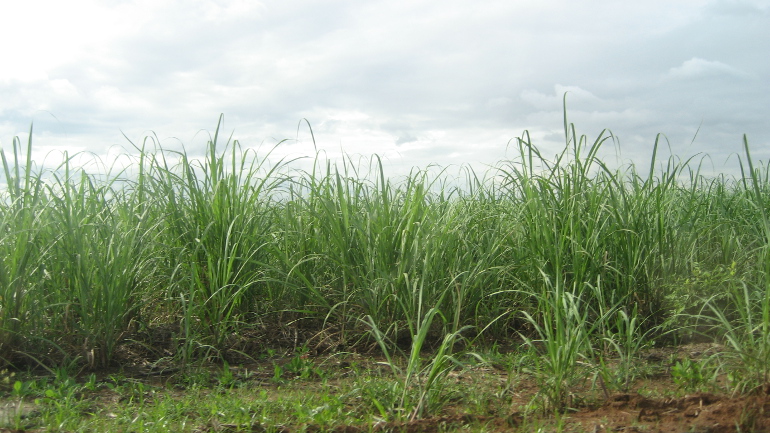
Debates on the bioeconomy only involve experts
The challenge of inequality research is that, as Backhouse points out, there are different ideas and definitions of the bioeconomy in different countries. "The debates on the orientation of bioeconomy strategies at the national and supranational levels in all the countries examined take place exclusively among experts and are focused on technological innovations. In Germany, Argentina, Malaysia and Brazil they are hardly the subject of public debate, says Backhouse. The talks are primarily held by companies and associations from the agricultural sector, but also by biotechnology companies and the respective ministries of agriculture and science.
This is not all that different at EU level either, as Backhouse explains. Last year's update of the EU Bioeconomy Strategy was "a complex consultation process with many debates in which different views could be expressed". – "However, there was no fundamental debate on the objectives and content of the strategy and the direction ultimately remained unchanged."
It is also important for inequality research to look at developments locally and globally in a historical context, and "not to prematurely attribute all changes in the biomass and bioenergy sector to the bio-economy", Backhouse stresses. The sociologist refers to Brazil, where bioethanol based on sugar cane has been produced since the 1970s. " Initially, the aim was to mitigate the oil crisis and promote the sugar cane sector. The 'green' reinterpretation of ethanol as a sustainable biofuel did not begin until the 2000s." Today Brazil is the second largest ethanol producer after the USA and the largest sugar cane producer worldwide.
Ambivalent changes through technical innovations
A study on the working conditions on the Brazilian sugar cane plantations shows which ambivalent changes technical innovations can trigger. Mechanization eliminated the environmentally harmful burning of fields and the poor working conditions for sugar cane cutters. At the same time, new jobs were created, not least for women. "On the other hand, no new earning prospects emerged for the indigenous workers who previously worked in the fields. This intensifies the conflicts that already existed in the context of land access and land use between indigenous people and large landowners," Backhouse explains.
Oil palm nursery in Malaysia
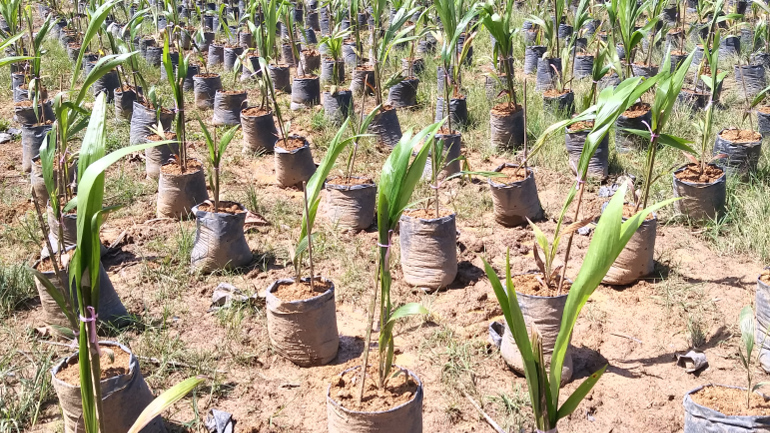
The researchers also focus on Malaysia, one of the world's largest palm oil producers. As in all countries surveyed, the bioeconomy is geared towards creating more jobs, better incomes and prospects for people. However, the first results of the junior research group show that these "promises" are not available to everyone equally: According to Backhouse, workers with Malaysian passports are more likely to benefit from the innovations associated with this than migrant workers, who mainly cultivate the plantations. "What the local studies in Brazil, Malaysia and Argentina show is a continuation of the social contradictions associated with a particular agribusiness model that is strengthened and determines the land use," the sociologist sums up.
On the other hand, very few people work on the huge soy plantations in Argentina, which further intensifies the existing rural flight. According to Backhouse, the expansion of soybean cultivation goes hand in hand with the agro-industrial cultivation of the land and an exponentially increasing use of pesticides, to which poor people in rural regions are most exposed. In the bioeconomy debate, however, this problem is rarely discussed, Backhouse said.
More biomass, more social conflicts
No question, these issues will become even more important in the future. Backhouse is convinced: "The more the economy is based on biomass, the more of it has to be produced." And that could exacerbate social conflicts. The European Union already needs more biomass than it can produce.
Over the next two and a half years, Maria Backhouse and her team will be putting the results for the individual countries more into perspective from a transnational perspective of inequality and showing how regional decisions on the bioeconomy affect other countries. An important aspect to consider is the influence of China. "Although China does not have an explicit bioeconomy strategy, it is a major buyer of all resources and thus changes the political economic context in which the bioeconomy operates," explains Backhouse. Ultimately, the researchers also hope to find approaches that positively influence inequalities. "Which trends emerge that improve working conditions or shift knowledge production? That is a fascinating wrap-up question," says Backhouse.
Autorin: Beatrix Boldt
